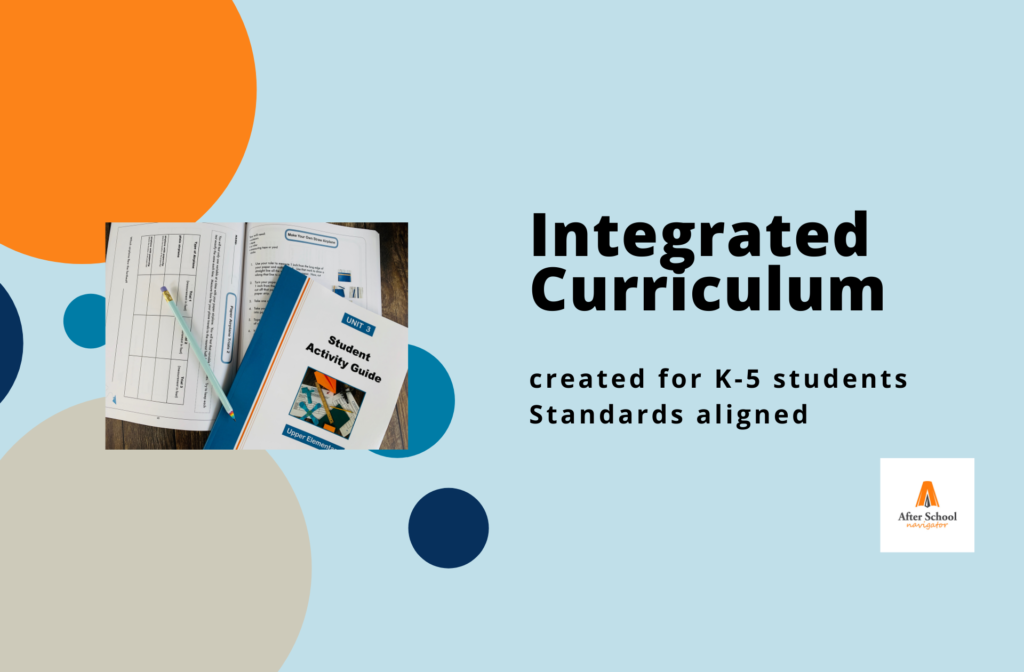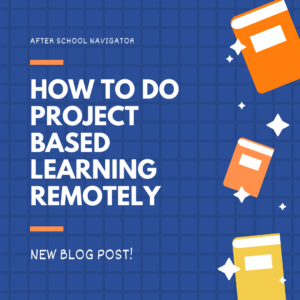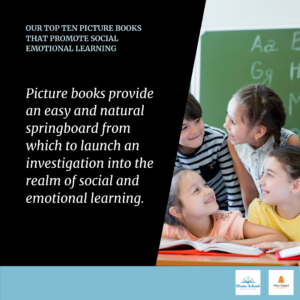5 Project Based Learning Ideas You Should Consider
Anyone who has ever tried project based learning with a group of children can tell you that where there are groups of learners, there can also be strife! It is often the case that when groups of students participate in project based learning, some disagreements will typically ensue.
The question often becomes how to support social emotional learning, while simultaneously having students work on projects? The question of your own emotional health as you deal with the arguments is also one to be seriously considered.
First off, project based learning is very beneficial to students of all ages. By working on projects, children learn many important life skills. Children are encouraged to problem solve solutions to problems and collaborate with others in a group. Good communication skills, perseverance, and empathy are also encouraged when students work in a group to create a common project.
Working through design flaws and coming to a consensus are also very important skills that are practiced in project based learning and will last a lifetime.
The problem arises, however when all of this creativity leads to differing opinions, which can ultimately lead to arguments. We’ve created a list of things that you might find helpful when planning to use project based learning in your classrooms.
Here are the 5 Project Based Learning Ideas You Should Consider
- Think about the personalities present in your group and plan accordingly. Randomized groupings are great- except sometimes they can lead to two or more students who like to run the show being placed in the same group. When this happens, arguments are sure to follow. Plan ahead and be sure to separate those students who have strong opinions and leadership skills.
- Discuss/ model cooperation before beginning the projects. Be sure to set expectations and discuss what should happen if there are disagreements in the groupings.
- Emphasize reflection. At the conclusion of each project allow students to reflect upon how they worked as a group. Were they able to work successfully as a group? What skills should they improve for next time? Having students reflect on past successes and focus on what needs to happen to be more successful in the future helps promote confidence.
- Catch kids cooperating! When you notice students cooperating or when one student meets another halfway, make a big deal out of it. Take notice and compliment those students to the entire group. Celebrate those successes!
- Have students work through some of their differences. I know that it is tempting sometimes to step in immediately and try to solve the dispute. As long as it is not getting physical or name calling (or any other verbal assault) is not occurring, allow students some leeway to try to work through the issue on their own. You might give some encouragement, but try to allow the students to work through the problem themselves. In so doing, they can gain confidence in their own problem solving.
After School Navigator’s curriculum is filled with opportunities to build and create, and we offer opportunities for both individuals and groups to create and innovate. Our projects promote problem solving and ensure student engagement. Find out more about our project based curriculum here: www.afterschoolnavigator.com







